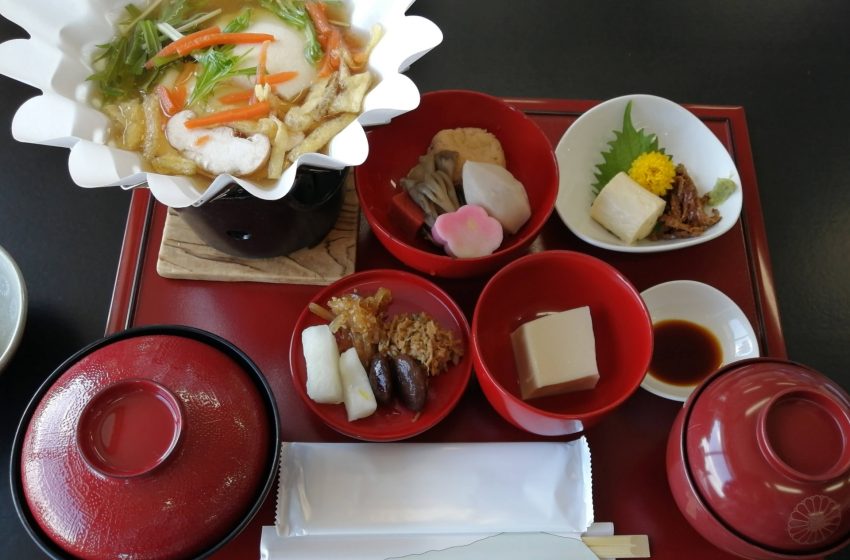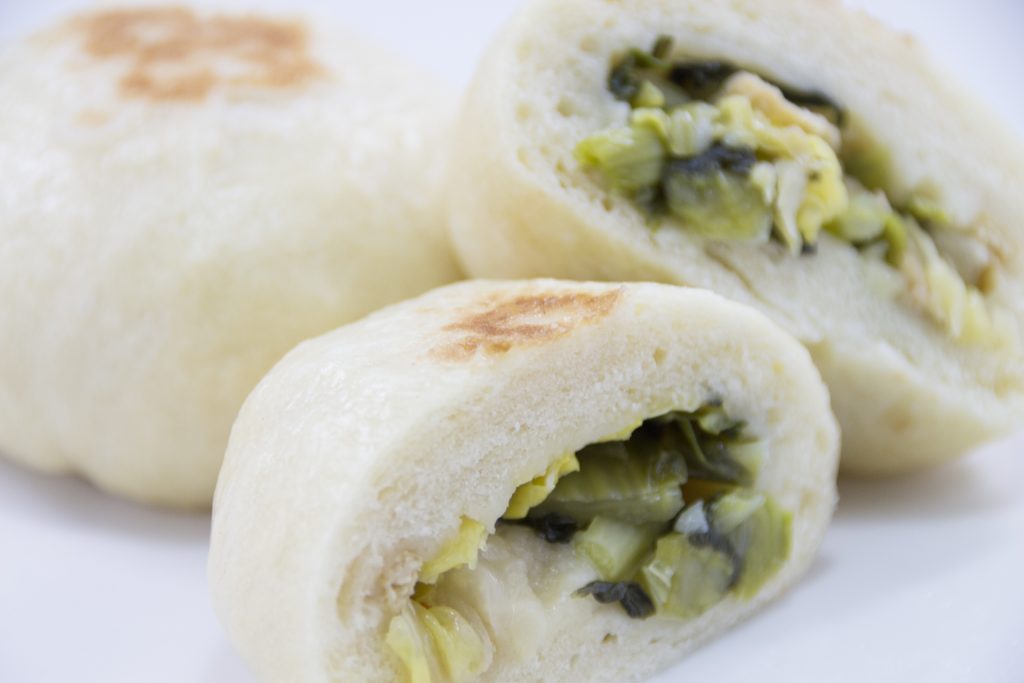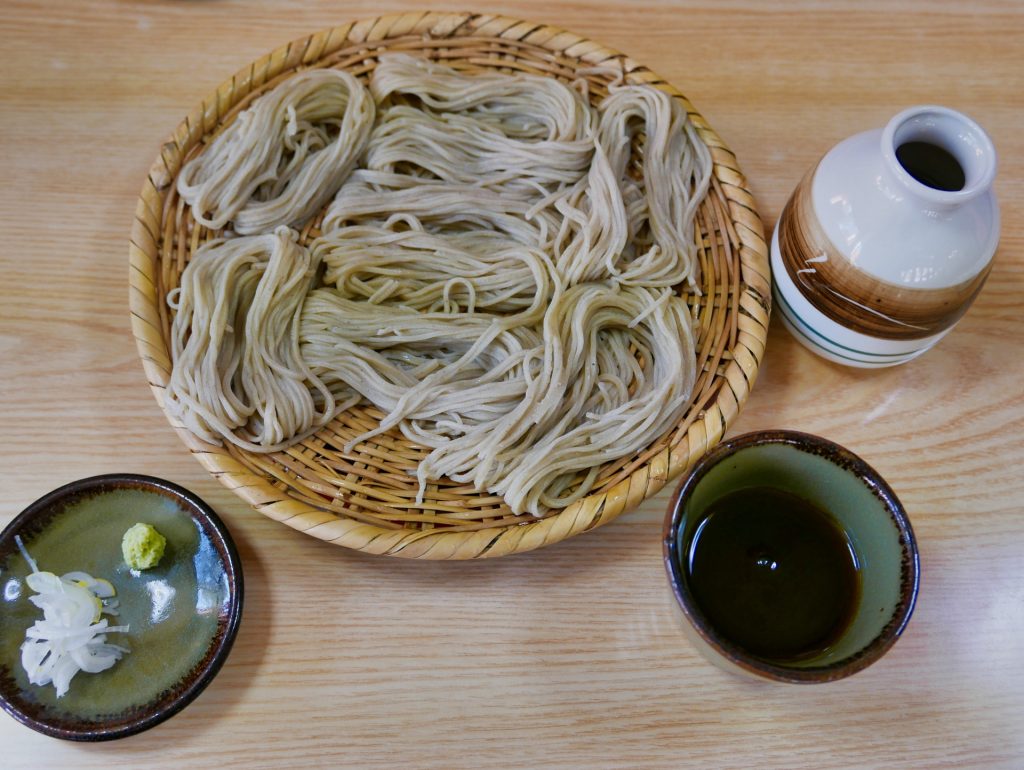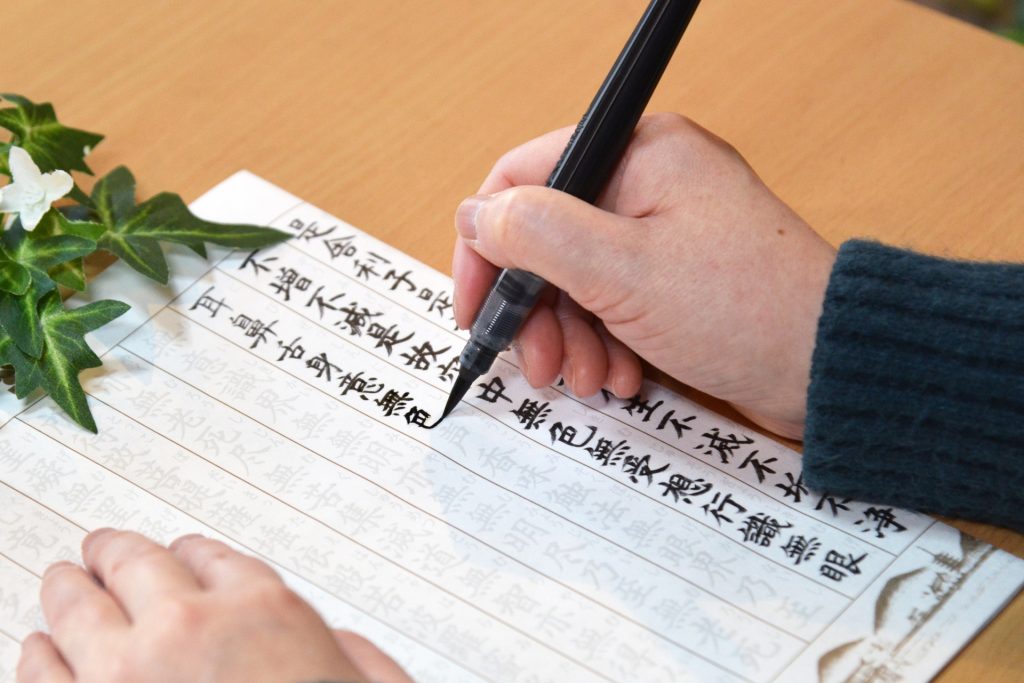
Exploring Shojin Ryori: Japan’s Traditional Zen Buddhist Cuisine
Shojin Ryori, a traditional Japanese vegetarian cuisine, reflects the principles of Zen Buddhism and offers a unique culinary experience rooted in mindfulness and simplicity. This exquisite style of cooking is more than just food—it’s a philosophy of harmony and balance. Here’s a closer look at what makes Shojin Ryori so special and why it’s worth trying.
What is Shojin Ryori?
Shojin Ryori, which translates to “devotional cuisine,” originated in Japan with the introduction of Buddhism in the 6th century. It is a plant-based cuisine prepared in accordance with Buddhist teachings, which prohibit the killing of animals. This philosophy ensures that every dish is crafted with care, respect for nature, and a focus on harmony between ingredients.
The cuisine emphasizes seasonal and locally sourced vegetables, tofu, and grains, avoiding pungent flavors like garlic and onions to maintain clarity of mind.
Why is Shojin Ryori Unique?
- Mindful Preparation
Shojin Ryori is not just about eating; it’s about mindfulness. Chefs carefully consider the color, texture, and flavor balance of each dish, creating meals that engage all the senses. - Simplicity Meets Elegance
The cuisine highlights the natural flavors of each ingredient, avoiding heavy seasonings or complex techniques. This simplicity reflects Zen principles of minimalism and purity. - Seasonal Connection
Shojin Ryori revolves around seasonal ingredients, celebrating nature’s cycles. In spring, fresh bamboo shoots might feature in dishes, while in autumn, root vegetables and mushrooms take center stage.
Key Ingredients of Shojin Ryori
- Tofu and Soy Products
Tofu, yuba (tofu skin), and miso are staples that provide protein and umami flavors in Shojin Ryori. - Vegetables
Seasonal vegetables like daikon radish, lotus root, and kabocha squash are commonly used, emphasizing freshness and seasonality. - Grains
Rice and soba noodles are traditional accompaniments, offering a neutral base for the more flavorful dishes. - Seaweed
Kombu and wakame seaweed are used for broth and seasoning, adding depth without overwhelming the palate.
Traditional Dishes in Shojin Ryori
- Goma Dofu (Sesame Tofu)
Made with sesame paste and kudzu starch, this dish is smooth and creamy with a delicate nutty flavor. - Nimono (Simmered Dishes)
Vegetables are simmered in a light broth of kombu and soy sauce, bringing out their natural sweetness. - Tsukemono (Pickled Vegetables)
Seasonal vegetables are lightly pickled to cleanse the palate and add a tangy contrast to other dishes. - Tempura
Lightly battered and fried seasonal vegetables, often served with a pinch of salt or dipping sauce.
Where to Experience Shojin Ryori
- Zen Temples
Many Buddhist temples in Japan, such as those in Kyoto or Kamakura, offer Shojin Ryori meals to visitors. These meals are prepared by monks or trained chefs, ensuring authenticity. - Shojin Ryori Restaurants
Specialty restaurants in cities like Kyoto or Tokyo focus solely on Shojin Ryori, presenting it with a modern twist while preserving its essence. - Cooking Classes
For a hands-on experience, consider taking a Shojin Ryori cooking class to learn the techniques and philosophies behind this unique cuisine.
Why You Should Try Shojin Ryori
- Cultural Insight: Shojin Ryori offers a deeper understanding of Japan’s Buddhist traditions and the connection between food and spirituality.
- Health Benefits: With its emphasis on vegetables and natural ingredients, it’s a healthy, plant-based diet that nourishes the body and mind.
- Sustainable Eating: Its focus on local, seasonal, and plant-based ingredients aligns with modern sustainable food practices.
Conclusion
Shojin Ryori is not just a meal; it’s an experience of mindfulness, simplicity, and connection to nature. Whether you’re a vegetarian, a foodie, or someone seeking a unique cultural experience, this traditional Zen Buddhist cuisine offers something special for everyone. When in Japan, make sure to include Shojin Ryori in your culinary journey—you’ll leave with not only a satisfied appetite but also a refreshed soul.




